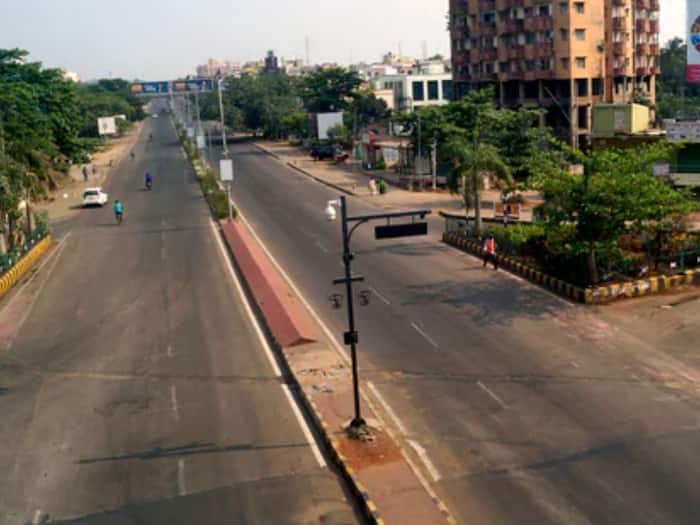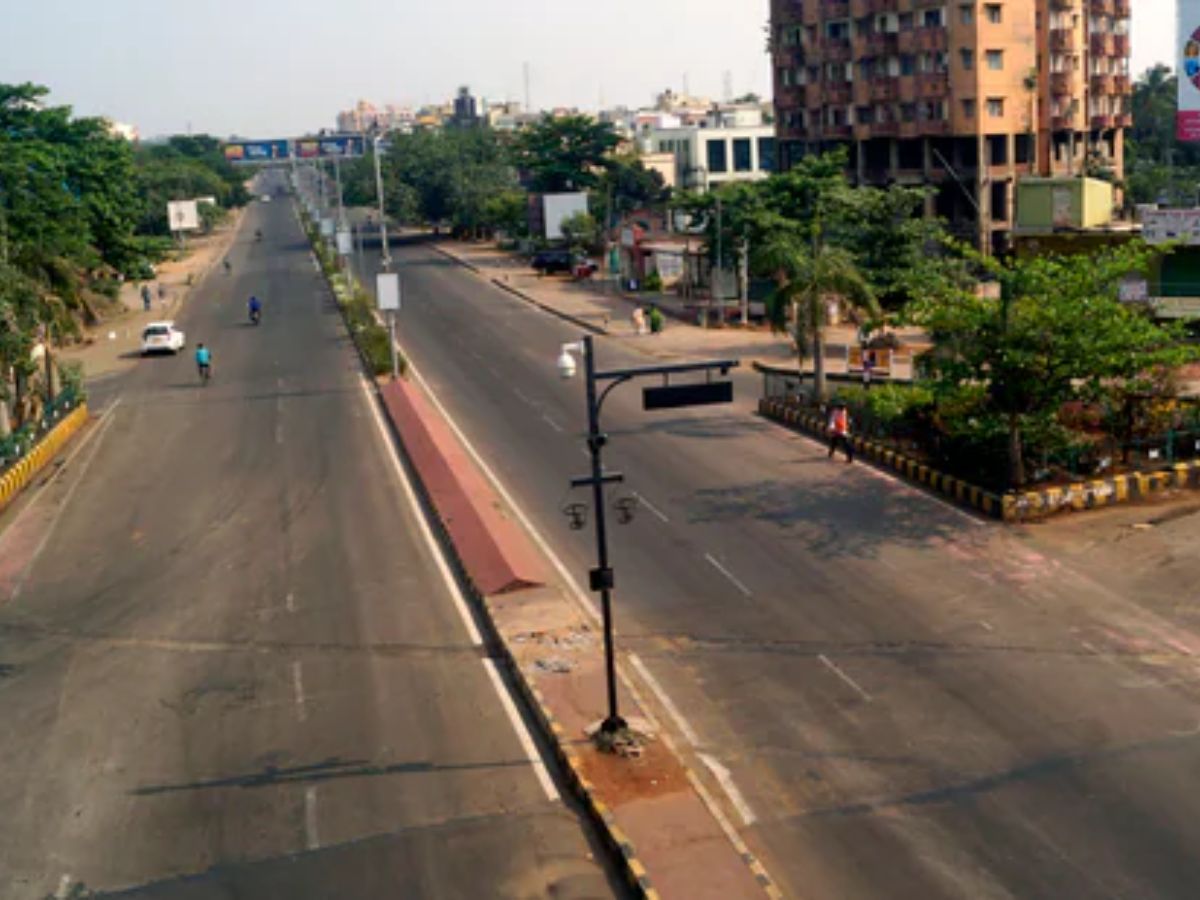Covid cases of the JN.1 Variant are spreading rapidly across the country. Amid the rising cases, is there a possibility of a lockdown in India? Here’s what we know..

New Delhi: Covid19 has unfortunately returned and its new subvariant, JN.1 Variant has been rapidly spreading across the nation in states like Goa, Kerala, Maharashtra and Uttar Pradesh. The moment one hears the name of this pandemic, the first thing that comes to their mind, is the possibility of a lockdown in the nation. So, as the number of cases in India rise, know the possibility of a new lockdown in India; here’s what the experts are saying..
Covid Cases Rise In India, Highest In Goa
A total of 63 cases of COVID-19 sub-variant JN.1 have been detected till Sunday, with Goa reporting the highest number of cases, Health Ministry sources said on Monday. They said of the total cases of the JN.1 variant, 34 are from Goa, nine from Maharashtra, eight from Karnataka, six from Kerala, four from Tamil Nadu and two from Telangana. However, there has been no clustering of cases reported so far and all the cases of the JN.1 subvariant have mild symptoms, they added. Meanwhile, the total number of active cases of COVID-19 in the country stands at 4,054, with the highest number of cases coming from Kerala. “Thirty-seven COVID-19 cases are from Goa, 344 from Karnataka, 3128 from Kerala, and 50 from Maharashtra,” according to Health Ministry data.
India Heading Towards A Lockdown?
Speaking of a lockdown in India because of the increase in Covid Cases, it is highly unlikely. India is undoubtedly seeing a rise in Covid cases but experts say it is not serious enough to result in a lockdown for the country. Former World Health Organisation (WHO) chief scientist Dr Soumya Swaminathan has said that there is no need to panic as JN.1 is a variant of interest and not of concern. She urged people to be cautious by taking proper precautionary measures. “We need to be cautious, but we don’t need to worry because we don’t have any data to suggest that this variant JN.1 is more severe or it’s going to cause more pneumonia, more deaths,” Dr Swaminathan, a former Director General of the Indian Council of Medical Research (ICMR) had told ANI.
The INSACOG chief asserted that various subvariants of Omicron have been reported but none of them have increased severity. “Every week you hear something new coming up in different parts and then it spreads all over India. We have identified a large number of subvariants, over 400 subvariants, or mutations of this virus, and fortunately, none of these Omicron variants have really been associated with more severe disease or hospitalisation,” he said. The World Health Organization (WHO) recently classified JN.1 as a variant of interest, distinct from its parent lineage BA.2.86. However, the global health body emphasised that the overall risk posed by JN.1 remains low based on current evidence.

